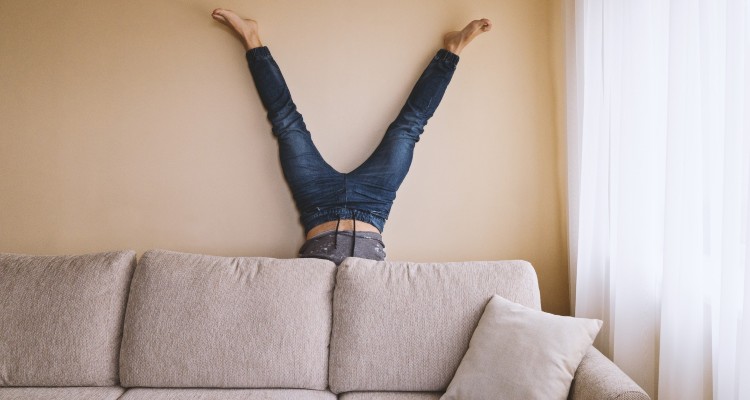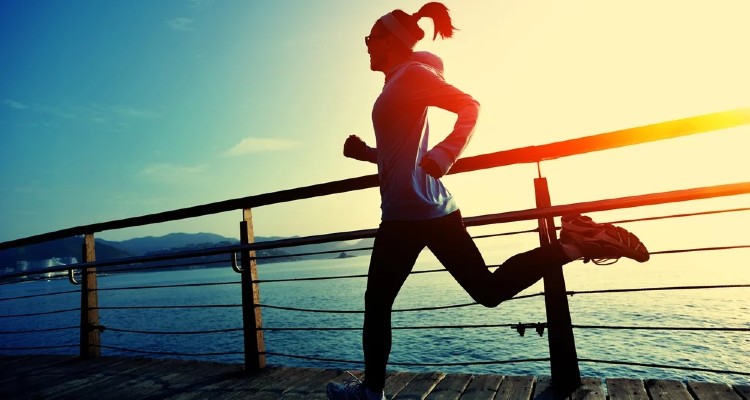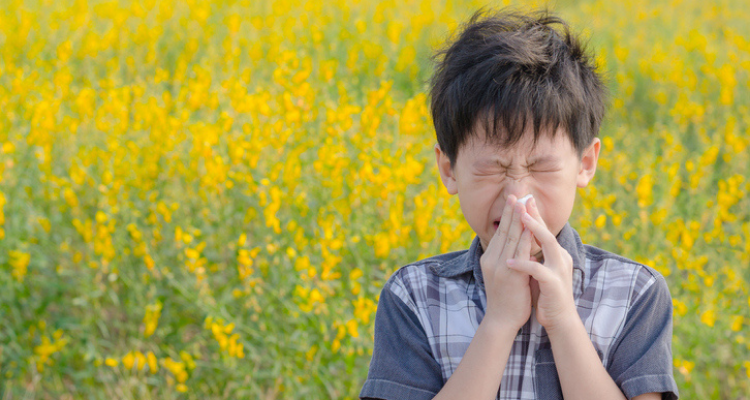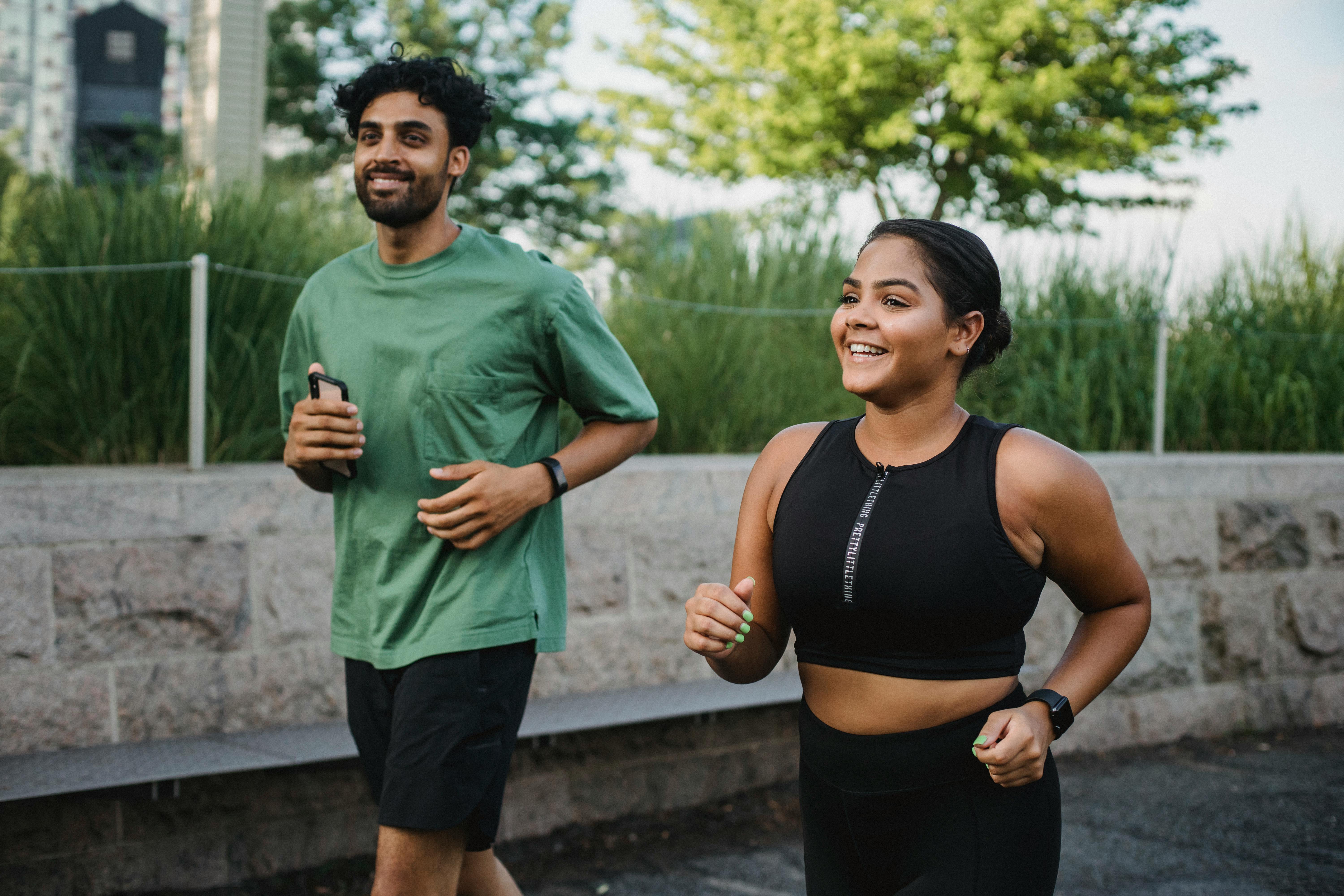As we round the corner into fall and still find ourselves in quarantine, you might be wondering how to cope with the coming fall and winter seasons spent indoors.
If walks, socially distanced outdoor time with friends, and outdoor restaurant seating have kept you sane over the summer, it’s good to have a game plan for staying mentally, emotionally, spiritually, and physically healthy when spending time outside becomes a challenge.
Even in the best of circumstances, winter blues, financial or family stressors during the holidays, and craving comfort foods can make staying in peak health during the winter difficult. In this article, we'll share some activities to help keep your spirits high and your health intact.
Causes of the Dreaded Winter Blues
The colder months can bring with it a myriad of challenges to all aspects of health, despite the coziness of curling up with a book on the couch. Colder weather, dampness, rain, and shorter days with less sunlight—thus, less vitamin D—can have a noticeable impact on mood, not to mention impact immune function and the body’s ability to fight off microbial invaders.*
Fall and winter also bring along the holiday season. Some people experience the holidays as financial stress, social pressures, and an over-extended travel calendar. Depending on where you live, kids might be on extended vacations for the holidays. Many of us may still be navigating homeschooling on top of everything else. All factors that can make the holiday months stressful. When you add months of continued social distancing and quarantine, the situation may feel even more daunting.

Effects of Quarantining in the Fall and Winter
Given these anticipated challenges, how will you feel as summer fades and the colder weather settles upon us?
It’s natural to experience fatigue, sluggishness, low mood or poor emotional state, and social isolation feelings. This combination of mental and emotional onslaughts can translate to a metabolic slowdown. The winter blues and holiday parties can contribute to increased alcohol consumption, cravings for refined carbohydrates and sugar, and overall poor food choices, which may result in holiday weight gain.
How to Stay Healthy and Happy This Fall
The good news is there are some easily implementable and highly-effective strategies to combat the winter blues as you move into a fall and winter quarantine season.
- Check Local Offerings
- Take up a Hobby
- Join an Exercise Class
- Establish an Outdoor Routine
- Maintain a Steady Sleep Schedule
- Find Ways to Get Light Exposure
- Don’t Underestimate Self-Care
- Consider Food Choices Carefully
- Socialize with Care
Even with restrictions and closures, it’s worth checking out workshops, classes, or offerings in your community. You might find safe and socially distanced cooking classes, crafting groups, book clubs, or even hiking get-togethers. If available, take advantage of ways to get out of the house, stimulate your brain in new ways, and break up the routines.
If these options aren’t available, consider setting up a weekly phone call with a group of friends to discuss a book, or try creating a workshop or class via zoom.
What better time than to take up a new hobby? Think about activities you might like to try, like learning to play an instrument, starting a craft project, perfecting a playlist, making holiday gifts, taking photographs, or anything that adds excitement and joy to your life.
You’ll also find some excellent online exercise classes, both pre-recorded and live. Try a cardio, bodyweight strength, yoga, pilates, or Zumba class from the comfort of your own home, and get the family involved too.
Find a Partner And Get Some Exercise
Even in cold weather, it is important to get some fresh air. Invest in the necessary clothing to get out (rain or shine) and consider setting up a walking, hiking, or park date with a friend for social interaction and accountability. Experts agree that having an accountability partner makes you far more likely to stick with a commitment and reach your goals.
Research shows that 60-90 minutes in fresh air per day significantly increases feelings of wellbeing and reporting of better overall health.[1]
Shorter days can negatively impact the body’s circadian rhythm, and sleep disturbances affect our mood and can exacerbate feelings of sadness.[2]
Stick to A Sleep Schedule
Maintaining a steady sleep schedule despite dark mornings can help, so stick to a pattern of sleeping before 11 pm and waking by 7 am, even if it means forcing yourself to get out of bed. Bright light in the morning can help.
Getting as much light in the winter as possible can make a big difference, but it isn’t always easy. Try using transparent shades on the windows to allow as much light as possible, install overhead lights and lamps in places that brighten up as much wall space as possible, and get creative with hanging lights, candles, and other artsy light fixtures.
Strive for as much time as possible near windows and outdoors, and keep windows and shades open whenever you can. If necessary, discuss the possibility of a light therapy box with your doctor.
Practice Self-Care
Self-care will be even more important this fall and winter, so try to incorporate as many practices that make you feel good. Some wonderful options include Epsom salt baths, massages (professional or trading with someone at home), deep breathing, meditation, exercise, essential oils, and fulfilling conversations with friends and loved ones.
It’s easy to fall into the trap of poor food choices once quarantined during cold weather, but keep your goals in mind and pay attention to how those foods make you feel. There is a link between low vitamin D levels and stress, so discuss nutritional supplements with your doctor, especially if you live above the Mason-Dixon line.*[3]
Vitamin D serum levels take time to increase. So, for those in northern states, year-round vitamin D supplementation may be optimal.
Avoid refined carbs and sugar, processed and packaged foods, soda, and too much alcohol as much as possible. Focus on vegetables, fruits, protein, healthy fats, and whole grains, allowing yourself indulgences once in a while without guilt, but not making it a daily occurrence.
Over-committing socially during the holidays can be hard to avoid and a cause of stress, so start developing some new habits now. Plan standing dates to make sure social time is on the calendar and feel empowered to say: “no” to social events that bring you anxiety or don’t serve you.
Quarantine and the continuation of social distancing into cold weather months shouldn’t be a go-ahead to make unhealthy choices. You’re the one with the most control over your physical, mental, emotional, and spiritual wellbeing, so choose wisely and seek help if you need it.
By Ramneek S. Bhogal, DC, DABCI

[1] White, M.P., Alcock, I., Grellier, J. et al. Spending at least 120 minutes a week in nature is associated with good health and wellbeing. Sci Rep 9, 7730 (2019). https://doi.org/10.1038/s41598-019-44097-3
[2] Franzen, P. L., & Buysse, D. J. (2008). Sleep disturbances and depression: risk relationships for subsequent depression and therapeutic implications. Dialogues in clinical neuroscience, 10(4), 473–481.
[3] Kelley, L., Sanders, A. F., & Beaton, E. A. (2016). Vitamin D deficiency, behavioral atypicality, anxiety and depression in children with chromosome 22q11.2 deletion syndrome. Journal of developmental origins of health and disease, 7(6), 616–625. https://doi.org/10.1017/S2040174416000428


















